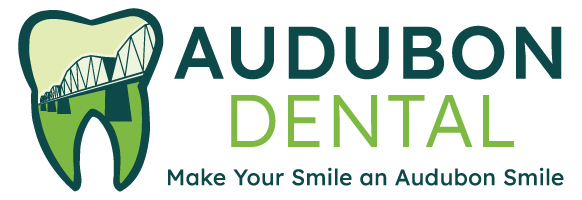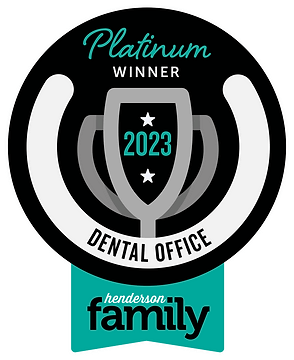Have you ever noticed how stress seems to creep into every part of our lives, affecting not just our mood but also our physical health? Did you know that your oral health can be a silent casualty of your stress levels?
In today’s fast-paced world, stress has become an all-too-common experience for many people. Whether it’s work pressures, family responsibilities, or personal challenges, the strain can manifest in surprising ways. While we often associate stress with issues like headaches or fatigue, we might overlook its impact on our dental well-being. Research shows a strong connection between stress and a variety of oral health problems, making it crucial to understand this relationship.
Maintaining a healthy smile requires more than just regular brushing and flossing; it necessitates a comprehensive approach that also considers mental wellness. As you grapple with the stresses of everyday life, certain habits or reactions might inadvertently compromise your dental health
1. Gum Disease
Stress has been linked to weakened immune responses, which can increase the risk of infections, including gum disease. When under stress, people may neglect their oral hygiene routines, leading to plaque accumulation and gum inflammation. Left untreated, gum disease can result in more severe dental issues, including tooth loss. Prioritizing stress management and oral care can help maintain healthy gums and prevent infection.
2. Dry Mouth
Stress can lead to decreased saliva production, resulting in dry mouth (xerostomia). Saliva plays a vital role in maintaining oral health; it helps wash away food particles, neutralizes acids produced by bacteria, and provides essential minerals that protect tooth enamel. When saliva production is reduced, the mouth becomes less effective at performing these important functions.
Individuals experiencing dry mouth may notice discomfort, difficulty swallowing, and an increased risk of cavities and infections. Inadequate moisture can lead to the growth of harmful bacteria, which can further exacerbate oral health problems. To combat dry mouth induced by stress, it is crucial to stay hydrated and consider using saliva substitutes or mouth rinses designed to alleviate dryness. Chewing sugar-free gum or sipping on water throughout the day can also stimulate saliva production and help maintain a healthy oral environment.
3. Changes in Dietary Habits
Stress often leads individuals to make less nutritious dietary choices, which can directly impact oral health. Many people turn to comfort foods—often high in sugar and acids—when stressed. Frequent consumption of these foods can contribute to the development of cavities and tooth decay. Sodas, candies, and other sugary snacks can erode enamel, leading to sensitivity and increased susceptibility to dental issues.
Moreover, stress may trigger an increase in unhealthy habits like smoking or excessive alcohol consumption, both of which have been proven to have detrimental effects on oral health. Smoking can lead to a host of issues, including bad breath, gum disease, and oral cancer. The toxins in cigarettes reduce blood flow to the gums, impairing their ability to heal and increasing the risk of infections. Similarly, excessive alcohol consumption can irritate the oral tissues, lead to dryness, and contribute to gum problems.
Addressing dietary changes during stressful times involves making conscious decisions about what to eat. Opting for balanced meals rich in vitamins and minerals can help maintain oral health and overall well-being. Incorporating crunchy fruits and vegetables, such as apples and carrots, can promote saliva production and help clean teeth naturally. Additionally, opting for water instead of sugary beverages can minimize acid exposure to teeth and reduce the risk of cavities.
4. Teeth Grinding (Bruxism)
Another common consequence of stress is teeth grinding, or bruxism, which often occurs unconsciously during sleep or while concentrating. This condition places significant pressure on the teeth, leading to enamel wear, increased sensitivity, and even cracks in the teeth. Prolonged grinding can affect the jaw joint and lead to pain and discomfort in the jaw and neck.
Individuals experiencing bruxism should consult their dentist, as they can provide effective solutions to mitigate the effects of teeth grinding. Dentists may recommend custom-made mouthguards to protect the teeth during sleep, thereby reducing enamel wear and preventing potential damage. Additionally, they can identify other contributing factors to bruxism, such as misaligned teeth or poor bite, and recommend orthodontic treatment if necessary.
5. Mouth Sores
Stress can also manifest physically through the development of mouth sores, including canker sores and other types of lesions. These painful, often ulcerative spots can occur on the soft tissues of the mouth, including the inside of the cheeks, gums, and tongue. The exact cause of canker sores isn’t well understood, but they are frequently triggered by stress, hormonal changes, or even certain dietary deficiencies, such as a lack of vitamin B12 or iron.
Individuals under significant stress may notice an increase in the frequency and severity of these sores. The discomfort associated with mouth sores can hinder essential activities like eating, drinking, and speaking, further contributing to stress and affecting overall well-being.
Let Us Give You an Audubon Smile
The staff at Audubon Dental is committed to providing you with prompt, professional, and personal service. Discover the possibilities of a radiant and confident smile by scheduling a consultation with us today. Your journey to a brighter, healthier, and more beautiful smile begins here!












